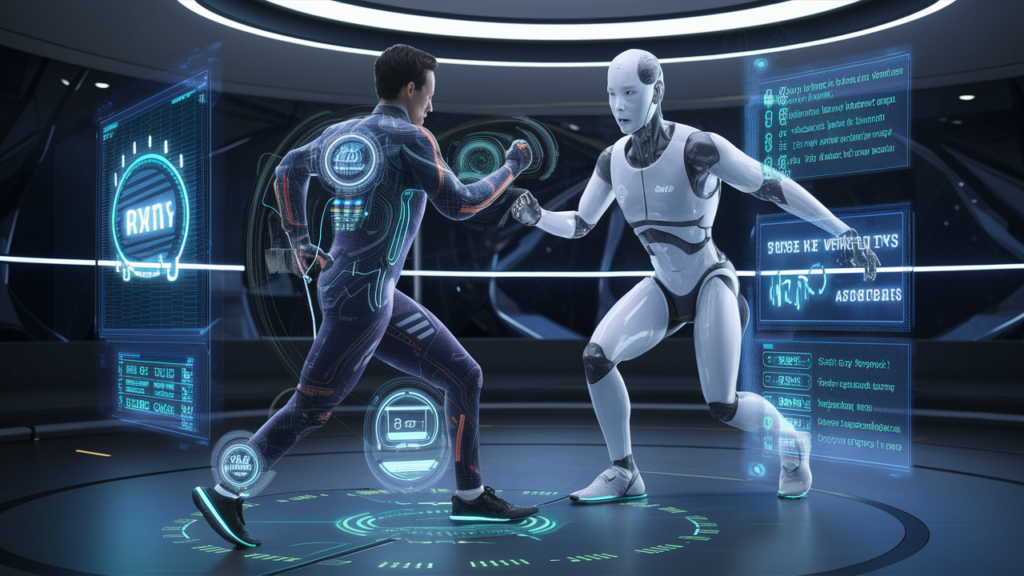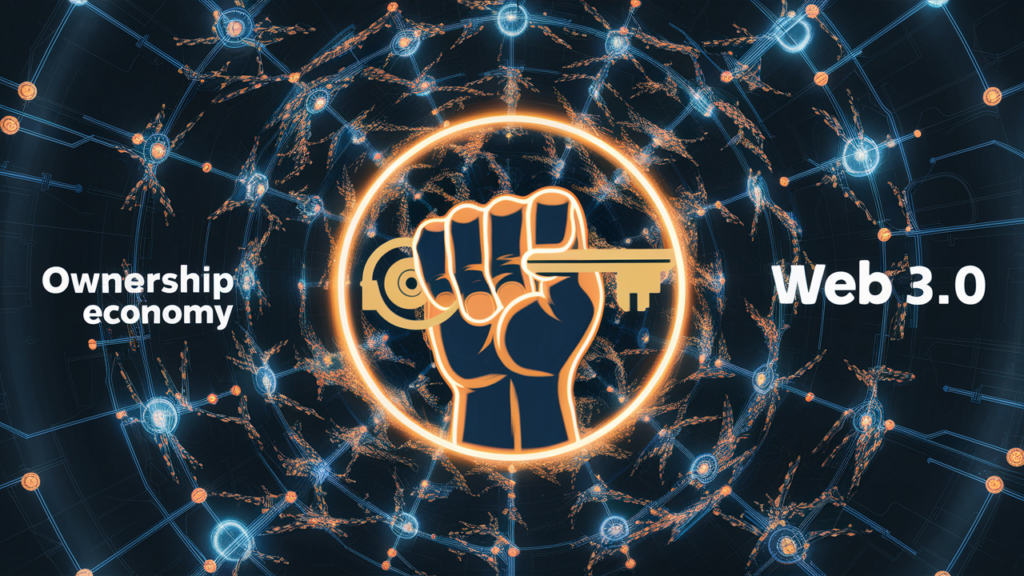The Use of AI in Sports

You might be surprised at how AI is reshaping the sports landscape, touching everything from athlete training to fan engagement. Coaches now rely on data-driven insights to fine-tune strategies, while athletes benefit from personalized training regimens designed to enhance performance and prevent injuries. But as technology evolves, ethical questions emerge about its implications on fairness and the essence of competition. What does this mean for the future of sports, and how far can we push these advancements before they change the game entirely?

AI in Athlete Training
As athletes strive for peak performance, integrating AI into their training regimens can make a significant difference.
You can utilize AI-driven tools to analyze your performance data, identifying strengths and weaknesses. These insights help you tailor your workouts for maximum efficiency, reducing the risk of injury.
AI can also create personalized training plans that adapt in real-time based on your progress and fatigue levels. With wearable technology, you can track vital metrics like heart rate, speed, and recovery, allowing for precise adjustments to your regimen.
Additionally, virtual coaching powered by AI can offer instant feedback, keeping you motivated and on track toward your goals.
Game Strategy Optimization

While traditional game strategies often rely on instinct and experience, AI can transform how teams approach competition. By analyzing vast amounts of data, AI helps you identify patterns and trends in your opponents’ gameplay.
It can simulate various game scenarios, allowing you to test different strategies and find the most effective approaches before stepping onto the field. You can harness AI to optimize your lineup, adjust formations, and even make real-time decisions during games based on the current situation.
This data-driven approach enhances your team’s adaptability and decision-making processes, giving you a competitive edge. With AI in your toolkit, you’ll not only refine your tactics but also improve overall team performance, ensuring you’re always one step ahead of the competition.
Fan Engagement Innovations
With the rise of AI, sports organizations are revolutionizing how they engage with fans, creating more personalized and immersive experiences.
You’ll find that teams are using AI-driven chatbots to provide instant responses to questions, enhancing your game-day experience. Through data analytics, organizations learn your preferences, offering tailored content, from merchandise recommendations to exclusive updates.
Augmented reality (AR) apps let you view player stats or highlights right from your seat, making every moment more engaging. AI also powers social media strategies, predicting trends and optimizing content for maximum interaction.
These innovations not only deepen your connection with your favorite teams but also transform how you experience sports, making every game feel uniquely yours. Embrace the future of fan engagement!
Injury Prevention Techniques
The excitement of game day can come with risks, especially for athletes pushing their limits.
Fortunately, AI technology is here to help you minimize those risks. By analyzing your biomechanics, AI can identify areas of weakness and suggest personalized training programs to enhance your performance and prevent injuries.
Wearable devices track your movements in real-time, providing instant feedback on your form and exertion levels. This data-driven approach allows you to adjust your techniques before injuries occur.
Additionally, AI can predict injury risks by analyzing historical data, helping you manage your training loads effectively.
Ethical Considerations in AI
As AI becomes more integrated into sports, you must consider the ethical implications that come with its use.
One major concern is data privacy; athletes’ performance data can reveal sensitive information. You need to ensure that this data is handled responsibly, protecting athletes from potential misuse.
Another issue is fairness—AI can create a competitive edge, leading to questions about whether its use is equitable among teams.
Additionally, reliance on AI for decision-making could overshadow human judgment, impacting the integrity of the game.
Transparency in AI algorithms is crucial to foster trust among athletes, coaches, and fans.
Ultimately, you must navigate these ethical considerations to ensure that AI enhances sports without compromising their core values.

Frequently Asked Questions
How Is AI Changing Sports Broadcasting and Commentary?
AI’s revolutionizing sports broadcasting by analyzing data in real-time, enhancing viewer experience.
You’ll notice personalized highlights, engaging commentary, and predictive insights, making every game more exciting and tailored to your interests.
It’s changing everything!
What Sports Are Adopting AI Technology the Fastest?
You’ll find that basketball, soccer, and baseball are adopting AI technology the fastest.
These sports utilize AI for player analysis, game strategy, and fan engagement, revolutionizing how teams operate and how fans experience the game.
Can AI Improve Officiating in Sports?
Yes, AI can definitely improve officiating in sports.
It analyzes real-time data, reduces human error, and provides instant feedback.
You’ll see more accurate calls, enhancing the game’s fairness and overall spectator experience.
How Does AI Handle Athlete Data Privacy?
AI handles athlete data privacy by implementing strict security protocols, anonymizing personal information, and ensuring compliance with regulations.
You’ll find that transparency in data usage builds trust between athletes and organizations, fostering a safer environment.
What Are the Costs of Implementing AI in Sports?
Implementing AI in sports can involve significant costs, including software development, hardware upgrades, and ongoing maintenance.
You’ll also need to invest in training staff and ensuring data security, which adds to the overall expenses.
Conclusion
Incorporating AI in sports transforms the way athletes train, strategize, and connect with fans. You’ve seen how personalized training plans and injury prevention techniques enhance performance, while game strategy optimization gives teams a competitive edge. Plus, innovations in fan engagement create lasting connections between supporters and their favorite teams. As you explore this exciting landscape, remember to consider the ethical implications, ensuring that technology enriches the sport without compromising its integrity. The future of sports is bright with AI!







Responses